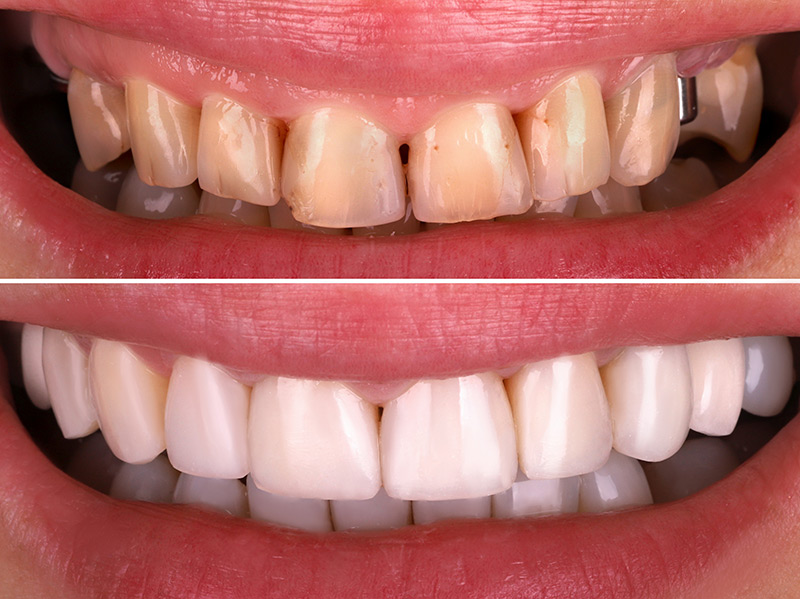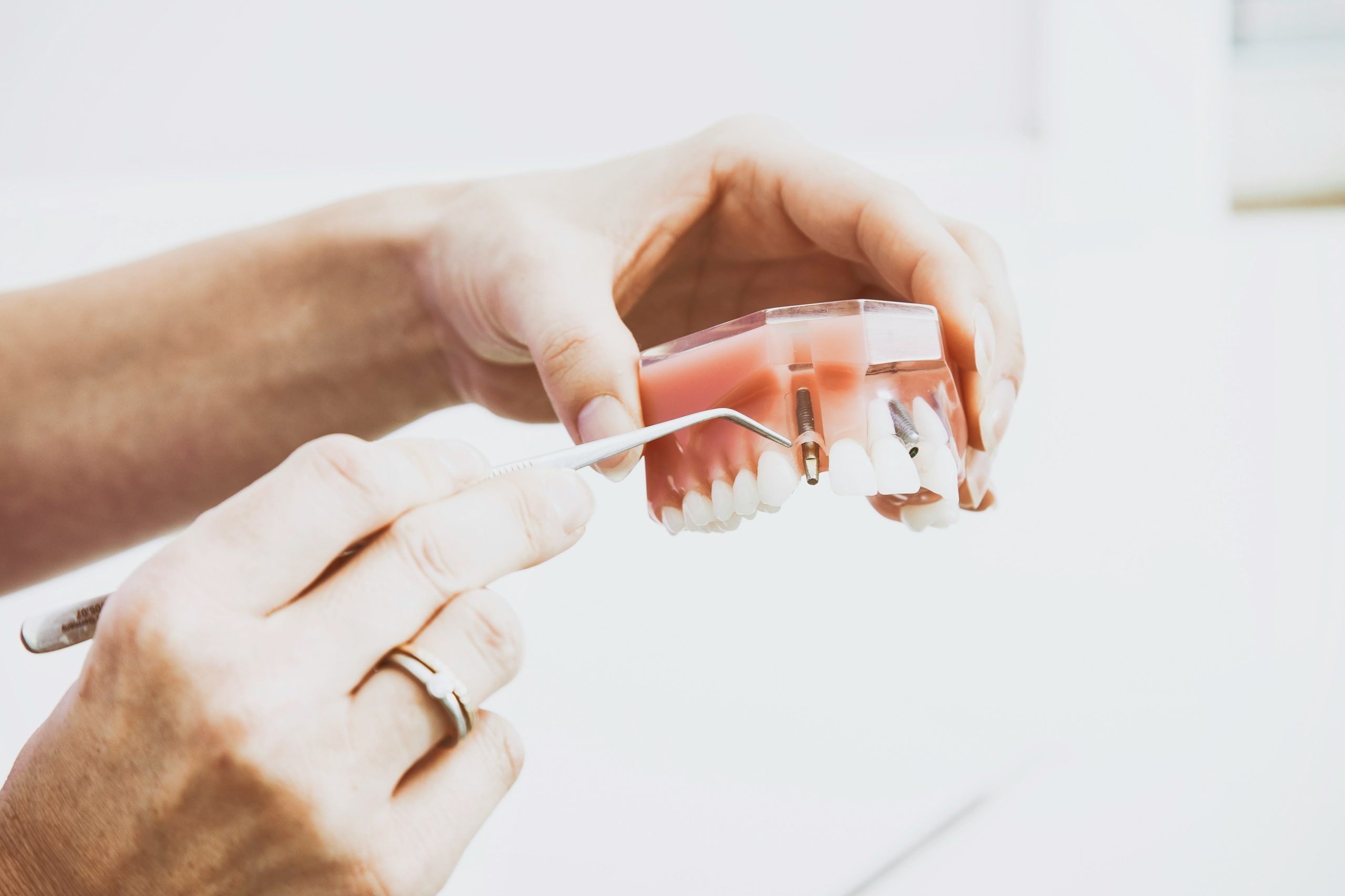Restorative dentistry plays a crucial role in maintaining oral health. It’s a specialized field that focuses on restoring the function and aesthetics of your teeth.
From filling cavities to replacing missing teeth, restorative dental procedures are diverse. They address a wide range of dental health issues, ensuring your smile remains healthy and beautiful.
But how does restorative dentistry improve oral health? What are the benefits of undergoing restorative dental procedures? And what can you expect from treatments like dental implants?
In this article, we delve into the world of restorative dentistry. We’ll explore its importance, the common procedures involved, and how it contributes to your overall oral health.

Whether you’re considering restorative dental treatment or simply curious about the field, this guide will provide valuable insights. Let’s embark on this journey to better oral health through restorative dentistry.
Understanding Restorative Dentistry
Restorative dentistry is a branch of dentistry that focuses on restoring the function and aesthetics of the oral cavity. It involves diagnosing and managing diseases of the teeth and their supporting structures.
The goal of restorative dentistry is to preserve natural teeth as much as possible. By replacing missing or damaged teeth, restorative dentistry helps maintain your oral health and prevent further complications.
Restorative dentists use a variety of procedures to achieve this goal. These range from simple fillings to more complex procedures like dental implants.
The Importance of Restorative Dental Care
Restorative dental care is essential for maintaining good oral health. It not only improves the appearance of your smile but also ensures your teeth function properly.
When dental issues are left untreated, they can lead to more serious problems. These include tooth loss, gum disease, and even systemic health issues like heart disease.
By addressing dental problems early, restorative dentistry can prevent these complications. It plays a crucial role in preserving your oral health and overall well-being.
Common Restorative Dental Procedures
There are several common restorative dental procedures. Each is designed to address specific dental issues and restore the function and appearance of your teeth.
Dental Fillings
Dental fillings are one of the most common restorative procedures. They are used to treat cavities, which are small holes in the teeth caused by decay.
The dentist removes the decayed part of the tooth and fills the cavity with a durable material. This restores the tooth’s structure and prevents further decay.
Dental Crowns
Dental crowns are used to restore severely damaged or decayed teeth. They are custom-made caps that cover the entire visible part of the tooth.
The crown strengthens the tooth and restores its shape, size, and appearance. It’s a durable solution that can last many years with proper care.
Dental Bridges
Dental bridges are used to replace one or more missing teeth. They consist of two or more crowns for the teeth on either side of the gap, and a false tooth in between.
Bridges restore the function and aesthetics of your smile. They also prevent the remaining teeth from shifting, which can lead to bite problems.
Dentures
Dentures are removable appliances that replace missing teeth and surrounding tissues. They can be full (replacing all teeth) or partial (replacing some teeth).
Dentures restore your ability to eat and speak properly. They also support facial muscles, preventing sagging and improving appearance.
Dental Implants
Dental implants are a more permanent solution for missing teeth. They involve surgically inserting a titanium post into the jawbone, which acts as a root for the replacement tooth.
Implants look and feel like natural teeth. They also stimulate bone growth, preventing bone loss that often occurs with missing teeth. Dental implants are a popular choice for their durability and natural appearance.
The Role of Dental Implants in Restorative Dentistry
Dental implants play a significant role in restorative dentistry. They are often the preferred choice for replacing missing teeth due to their durability and natural appearance
Unlike other restorative options, dental implants replace both the root and the crown of the tooth. This makes them the most similar to natural teeth in terms of function and aesthetics.
Implants are also the only restorative option that stimulates bone growth. This helps maintain the health and structure of the jawbone, preventing the bone loss that often occurs with missing teeth.
How Dental Implants Enhance Oral Health
Dental implants have a profound impact on oral health. By replacing missing teeth, they restore the function of the mouth, allowing you to eat and speak properly.
Missing teeth can lead to a variety of problems, including shifting of the remaining teeth and changes in bite alignment. Dental implants prevent these issues, maintaining the integrity of your oral structure.
Moreover, because implants stimulate bone growth, they help maintain the health of your jawbone. This is crucial for supporting your remaining natural teeth and preserving your facial structure.
The Benefits of Restorative Dental Work
Restorative dental work offers numerous benefits beyond just improving the appearance of your smile. It plays a crucial role in maintaining oral health and overall well-being.
By restoring damaged or missing teeth, restorative dentistry enhances your ability to chew and speak properly. This can significantly improve your quality of life, especially when it comes to enjoying food and social interactions.
Moreover, restorative dental work can prevent further dental issues. It can stop the progression of decay, prevent tooth loss, and maintain the health of your gums and jawbone.
Improving Quality of Life with Restorative Dentistry
Restorative dentistry can greatly improve your quality of life. It can restore the function of your mouth, allowing you to eat a wider variety of foods and speak more clearly.
Moreover, having a healthy, complete smile can boost your self-esteem and confidence. This can have a positive impact on your social and professional interactions, enhancing your overall well-being.
Preventing Future Dental Issues
Restorative dental work is not just about fixing existing problems. It’s also about preventing future dental issues.
By treating decay and damage early, restorative dentistry can prevent more serious problems down the line. This includes tooth loss, gum disease, and even bone loss in the jaw.
Moreover, restorative dental work can help maintain the alignment of your teeth. This can prevent issues with your bite and jaw, reducing the risk of temporomandibular joint disorders.
Choosing the Right Restorative Dentist
Choosing the right restorative dentist is crucial for successful treatment. You want a professional who is experienced, skilled, and knowledgeable in the latest dental technologies.
It’s also important to find a dentist who listens to your concerns and understands your needs. This ensures that you receive personalized care that is tailored to your specific situation.
What to Look for in a Restorative Dental Specialist
When looking for a restorative dental specialist, consider their qualifications and experience. They should have specialized training in restorative dentistry and a track record of successful treatments.
Also, consider their approach to patient care. They should take the time to explain procedures, answer your questions, and make you feel comfortable. A good restorative dentist will prioritize your well-being and satisfaction above all else.
Maintaining Your Restorative Dental Work
Once you’ve undergone restorative dental work, it’s essential to maintain it properly. This includes regular cleaning and care to ensure the longevity of your dental restorations.
Proper maintenance can prevent potential complications and ensure your restorations function optimally. It’s also crucial for maintaining your overall oral health and preventing further dental issues.
Regular Check-Ups and Oral Hygiene
Regular dental check-ups are vital for maintaining your restorative dental work. Your dentist can monitor the condition of your restorations and address any issues early.
Good oral hygiene is also essential. This includes regular brushing and flossing, as well as using mouthwash. These practices can help keep your restorations clean and free from plaque, ensuring their longevity and functionality.
Conclusion: The Long-Term Impact of Restorative Dentistry
Restorative dentistry plays a crucial role in maintaining oral health and improving quality of life. By addressing dental issues and restoring functionality, it can significantly enhance your overall well-being.
In the long term, restorative dental work can prevent further dental complications, improve oral function, and boost self-esteem. It’s a worthwhile investment in your health, comfort, and confidence. Regular maintenance and good oral hygiene practices can ensure the longevity of your restorative dental work, making it a sustainable solution for many dental issues.








